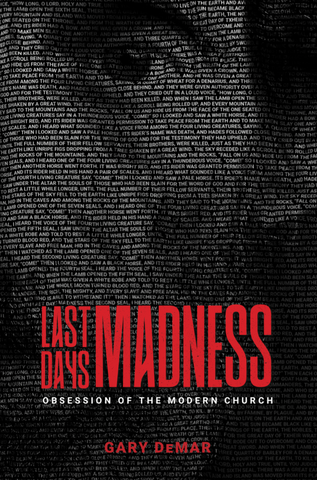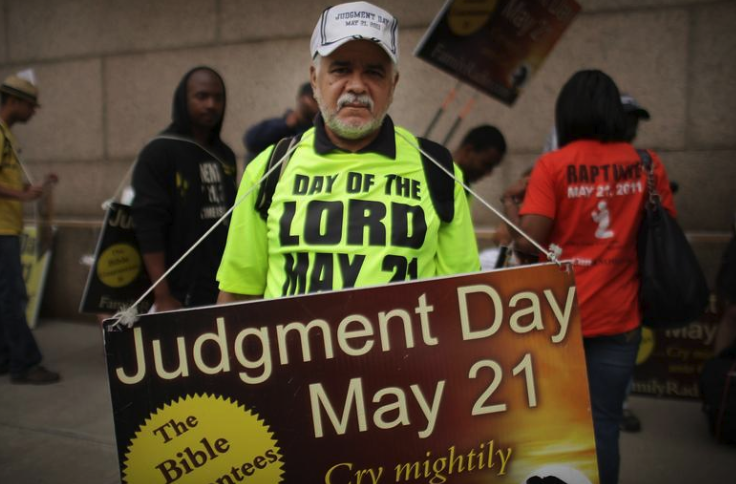In this first part of a recent interview with John Reddoch on The Wake Up Call, Gary points out the many problems with the popular prophetic system.
While the fall of Jerusalem in A.D. 70 was certainly a calamity for the Jews, futurists argue, it was not the great tribulation that will take place on a worldwide scale. The tribulation described by Jesus in Matthew 24 was local, confined to Judea that could be escaped on foot. Jesus condemned the scribes and Pharisees (Matt. 23) and told them that these judgments would come upon “this,” that is, their generation (23:36). He mourned over the city of “Jerusalem” (23:37), not the world, and pronounced judgment upon the temple, leaving it, not a future temple, “desolate” (23:38; 24:2).
The people live in houses with flat roofs (24:17). The Sabbath is still in force with its rigid travel restrictions (24:20). In Mark’s account of the Olivet Discourse we learn that the disciples would be delivered “up to the courts,” “flogged in the synagogues,” and made to “stand before governors and kings” (13:9). Jesus uses similar words in Matthew 10:17-18 when He sends the twelve out as witnesses to Israel: “But beware of men, for they will deliver you up to the courts, and scourge you in their synagogues; and you shall even be brought before kings for My sake, as a testimony to them and to the Gentiles.” The book of Acts records the fulfillment of Jesus’ prediction of religious and political tribulation (4:1-22; 5:17-40; 8:1-3; 12:1-9; 14:19-20; 16:22-23; 22:30-23:11) in the period before the destruction of Jerusalem.
The existence of these religious and political tribunals is indicative of what life was like in first-century Judea. The tribulation had reference to the Jews, the people of Judea (Matt. 24:16; Luke 21:20-24); it was not a worldwide tribulation, as Robert Young in his Concise Critical Comments on the Holy Bible states, “lit. ‘from the beginning of the world (i.e. Jewish economy) till now, nor ever may happen.’”
Those who remained in Jerusalem up until the time of the temple’s destruction had to be able to “see the abomination of desolation” (24:15). People around the globe will have no such advantage if what Jesus is describing here refers to a worldwide tribulation period. The only ones who can benefit are those who can see the temple. The tribulation period cannot be global because all one has to do to escape is flee to the mountains. Notice that Jesus says “let those who are in Judea flee to the mountains” (24:16). Judea is not the world; it’s not even the nation of Israel!

Last Days Madness
In this authoritative book, Gary DeMar clears the haze of "end-times" fever, shedding light on the most difficult and studied prophetic passages in the Bible, including Daniel 7:13-14; 9:24-27; Matt. 16:27-28; 24-25; Thess. 2; 2 Peter 3:3-13, and clearly explaining a host of other controversial topics.
Buy NowIn this first part of a recent interview with John Reddoch on The Wake Up Call, Gary points out the many problems with the popular prophetic system.

